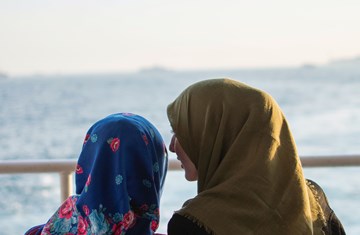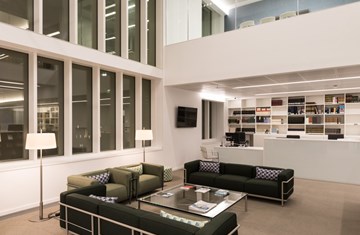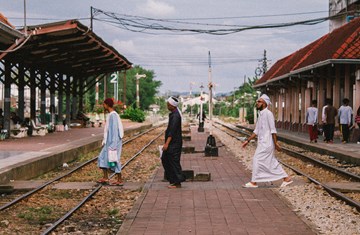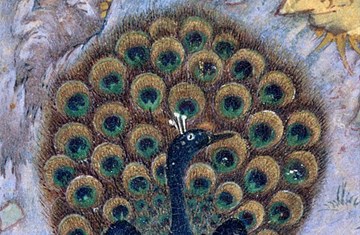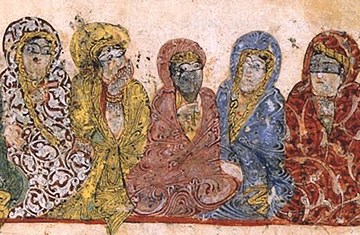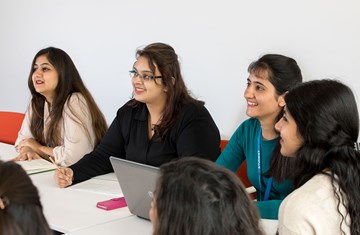The Ismaili Alternative Dispute Resolution Training Programmes and the Potential for New Directions in Mediation
This is an edited version of a speech presented to the members of the Judiciary of British Columbia and the members of the Canadian Ismaili Conciliation and Arbitration Boards at the Ismaili Centre at Burnaby, British Columbia in Canada on 2 December 2006.
Abstract
Referring to the inspiration behind the dispute resolution system in the Shia Imami Ismaili Muslim community, the author discusses the inspiration drawn from the Holy Quran, the hadith's of Prophet Muhammad, the teachings of Hazrat Ali and other Shi'i Imams, including Imam Muhammad al-Baqir and Imam Ja'far al-Sadiq, the Fatimid jurists and the guidance of the hereditary Shia Ismaili Imams.
The author focuses briefly on institutional developments in the Ismaili community in the 20th century, culminating in the promulgation of the global Ismaili Constitution, giving rise to the Conciliation and Arbitration Boards (CABs) worldwide.
The author shows how an international training programme in mediation has yielded new insights on cross-cultural mediation, highlighting that these programmes, coupled with the actual practice in different cultural contexts, predispose the Ismaili Conciliation and Arbitration Boards to contribute to new directions in the field of mediation and help mediation fulfil its yet unfulfilled promise.
Citing examples of new directions for the future, the author stresses that great care needs to be exercised in ensuring that informal justice does not degenerate into inferior justice, and that continuous and sustainable training becomes part of the institutional ethos. Ongoing training and the readiness to learn from different cultural influences are major antidotes to the premature juridification of ADR processes and systems.
Author

Dr Mohamed Keshavjee
Course Director
Mohamed M. Keshavjee is a South African born-lawyer called to the Bar at Gray’s Inn in 1969. He completed his LLM at London University and his PhD at SOAS with a focus on Islamic Law and Alternative Dispute Resolution (ADR). He has practised law in Kenya, Canada and the United Kingdom.
His first book, Islam, Sharia and Alternative Dispute Resolution deals with how Muslims engage with sharia, customary practices and the laws of the United Kingdom. He has spoken on ADR at conferences in Europe, North America and Asia, and has trained family mediators in the EU countries and imams and pastors in mosque and church conflicts in the UK and the USA, respectively.
In 2016, he was awarded the Gandhi, King, Ikeda Peace Award by the Martin Luther King Jr. International Chapel at Morehouse College, Atlanta, Georgia, for his work on peace and human rights education.



